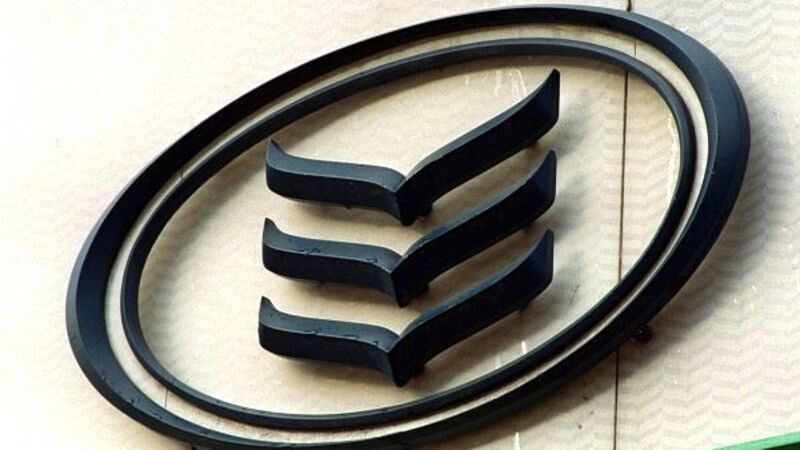You can bank on the money-men protecting themselves

A few intrepid deputies broke into the nine-week Oireachtas summer holiday to hold bailed-out bankers to account this week, but the money-men’s explanations on how they were dealing with mortgage misery proved as slippery as the counter of the Dáil members’ bar when awash with booze during a late-night sitting.
Like the ugly sisters of the financial system, the bosses of Bank of Ireland, AIB and Ulster Bank squirmed under the spotlight as the pantomime was played out.















